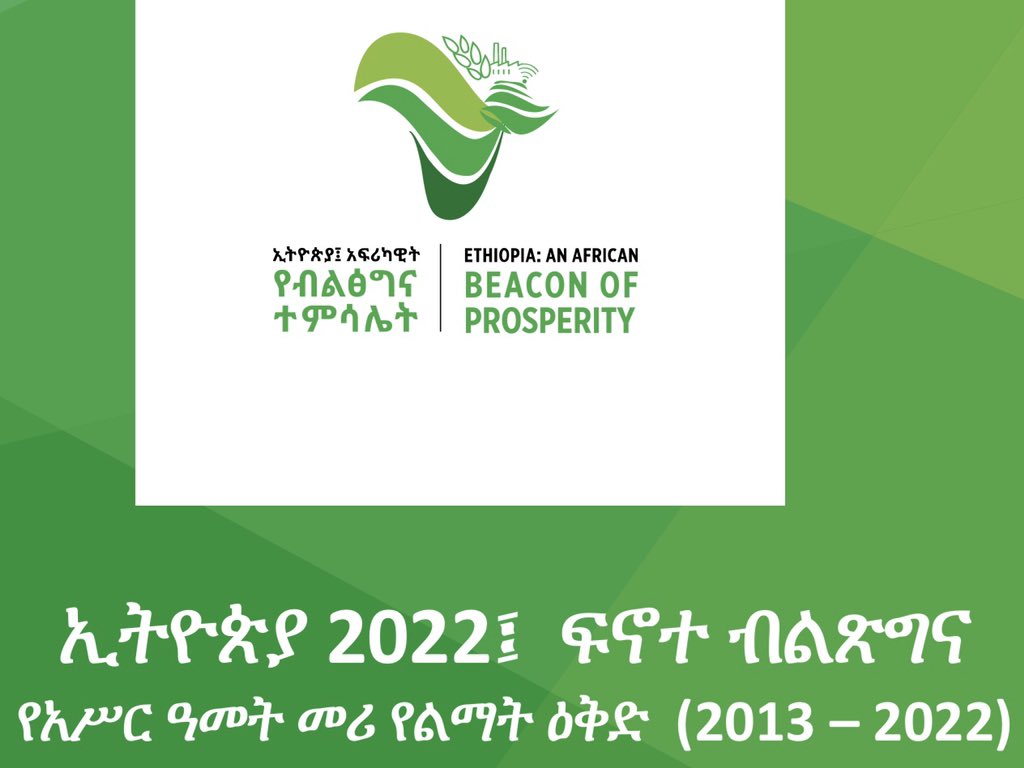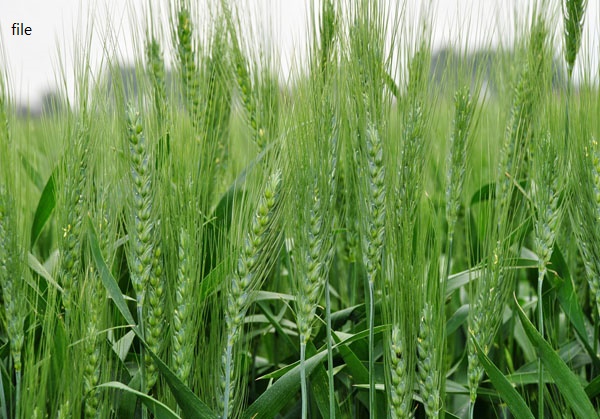
The land holding system in Ethiopia is still very controversial and often ignites a hot debate among intellectuals for various factors. Some argue that state monopoly of land left farmers to suffer tenure insecurity. As a result, farmers invest their money and labor only on their short term gain than long-term life changing ventures, which could take their status to commercial farming.
Moreover, the land holding system introduced by the Derg regime and kept going to date aside from giving chances to the government in power to control farmers, it enables it to perpetuate its power grip. That consequently left tenants to be subject to the ruling party’s political manipulation. Some argue that the victory of the ruling party, which claimed election victory in the past five terms in the rural parts of the country, is directly related to the land holding system. For fear of forceful eviction, farmers have no chance than electing the government in power. Tacitly forced they voted ruling party.
On the other hand, proponents of the current tenure system argue that privatizing land holding system result in the flocking of farmers to urban centers without sufficient skill and knowledge that allow them to win bread. That opens door to the few that is the well-to-do class to hold the land. But those that argue so still never produce evidence to their argument.
Solomon Bekure is a manager of a land development project supported by the USAID. While reflecting his stance regarding the current land holding system,he says that state monopoly of land does not bring problem. As such what matters most is how the land is put to use as effectively as possible.
As to him, as is the case with Hong Kong and Israel,the belongingness of land to governments has not negatively impacted achieving land-based development be it in agriculture or urbanization. Still these countries are advancing their prosperity. The enabling environment and democracy that prevailed in these countries rather has motivated land holders to unleash their potential for progress.
In fact, unlike other developing countries the economic and political set up in these countries put land users in advantageous positions. Here, due to the prevalence of rule of law, governments play a facilitator role for development and do not go against the public interest.
When land is combined with capital and human labor wealth could be created. However, in a country where land has no transaction value the chance to create wealth through attracting investment is very little.
During the emperor era, it was common to the urban dwellers to engage in farming whenever they got disposable income. They opted to put theirmoney and entrepreneurial skill for their venture. Until the downfall of the imperial regime modern private farming projects were flourishing here and there.
Currently, for its economic venture the government might dislodge holders from their land. Such practices sometimes cause grievance and create farmers’resistance. Farmers and youths’ rebellious actions witnessed in the vicinity of the capital three years ago could substantiate the case in point.
Though the government has monopoly of power on land development ventures, things should not be at the expense of the land holders, who face eviction.
Holders must have the bargaining power when their land is needed for development purpose. Sufficient compensation should also be given to them.
According to Solomon, currently, in Ethiopia, 40 million farmers have secured land certificates.
Afarmer with land certificate has a bargaining power. And if the government wants the land for other purposes, the negotiation will take place with no questioning of the two parties’ interest. This situation also should go in line with rising awareness of farmers’ rights and self-assertiveness.
As mentioned above the land has no transaction value, it only has use value and such situation inhibits farmers to secure loan from financial institutions for their long term gain.
Asked what solutions are suggested towards addressing such problems Solomon said that the government should show concern to citizens’ interest rather than its own.
And intensive dialogue with all stakeholders in this regard should be held.
Though the agriculture sector leans on subsistence farming, it is the means of living to the more than 80 percent of the nation labor force. And due to population pressure; the land size gets shrinking from time to time. Farmers provide portion of their lands to their children, while they drop outof their schools. This will further affect land productivity.
The unpredictable weather condition exacerbates global warming andclimate change making farmers’ situation desperate.
In this regard, searching alternative mechanisms for changing farmers’way of life such as shifting from farming to the non farming economic engagement, side by side with implementing adaptation mechanism, is crucial.
As to Solomon, Ethiopia is the most populous country next to Nigeria with more than 100 million people. It could be a huge market if industrialization is expanded. When this happens naturally the rural labor stranded in the primary economic activity flocks to urban centers to be absorbed by the flourishing industries. Letting farmers to stay in rural parts through repeating their ancestors’ways of living is unhelpful in achieving structural change.
He further said that the abundant availability of underground water can create enabling situation to expand irrigation farming. This in turn reduces dependency on rain for farming.
The ongoing expansion of urbanization and industrialization play pivotal role in creating jobs and boosting the economy. But compromising the natural resource and the ecosystem because of this venture posesunwanted consequences.
Some wetlands are turned to industrial sites,fertile lands are given to the horticulture developers and the flourishing of industries in the suburb of lakes is also threatening marine life because of untreated wastes that find their ways into water sources.
According to Solomon, the expansion of industries stimulates the economy to move forward. But installing it in fertile land is an unacceptable task. It rather poses its own drawbacks on the push to realize food security.
The Ethiopian Herald Sunday Edition 29 December 2019
BY ABEBE WOLDE GIORGIS




